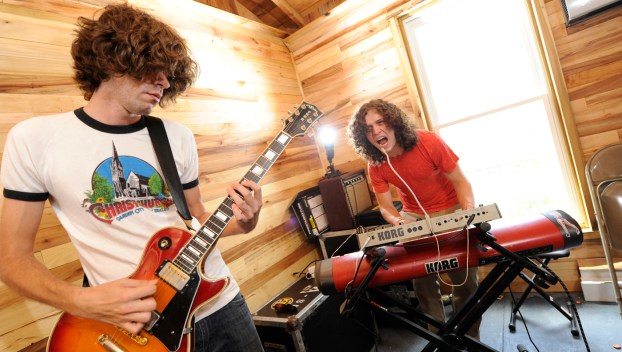
Music
A few words with Scott Gardner of Sleeper Agent and his mother Marilyn Gardner
Sleeper Agent website Scott Gardner and Tony Smith of Sleeper Agent have collaborated on various projects since their ... Read more

Sleeper Agent website Scott Gardner and Tony Smith of Sleeper Agent have collaborated on various projects since their ... Read more